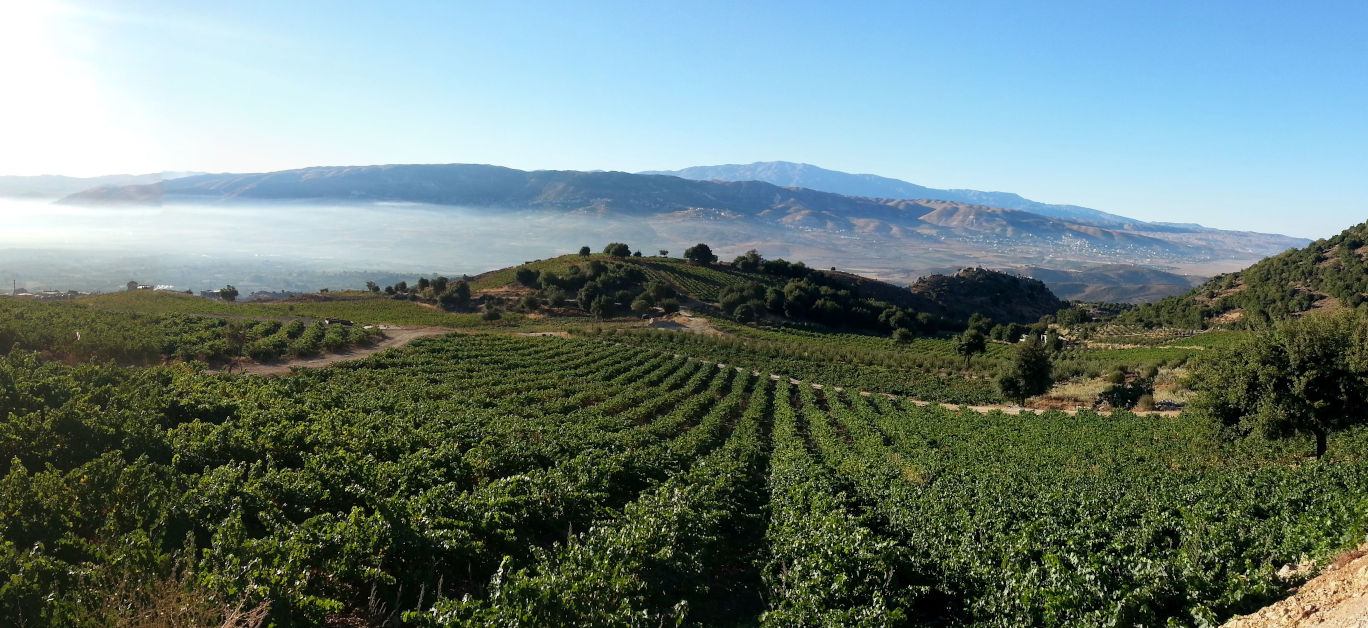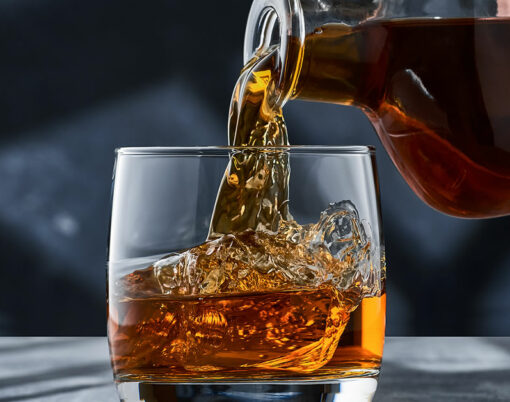Lebanon’s Eddy Naim is the new Naked Winemaker of the Year. The winemaker at Chateau Qanafar received the accolade from online wine retailer a Naked Wines, which backs hundreds of independent winemakers to produce exclusive wines through a crowd-funding model.
The other shortlisted winemakers were Spain’s David Tofterup and France’s Denis Crespo. Naim claimed over half of the votes cast by the company’s 400,000 customers, or ‘angels’.
The prize will fund a 100% Cinsault wine Eddy has always wanted to make, but never had the chance to. The production of the new wine will be fully funded by Naked Wines and sold exclusively to its UK customer base.
Eddy explained: “Cinsault is my favourite grape. It is the Pinot Noir of warm climates. For some, it has a bad reputation. But low yields can produce high quality wines. I am honoured and humbled by the award. It’s hard to state how much of a difference Angels’ support has made for my family and the other families who depend on my winery for subsistence. Especially with the endless crisis Lebanon is enduring. We will continue to make wines that will brighten people’s day.”
Eddy’s angels are Julie Boulton and Phil Howard-Knight. Archangels are super-angels; they support their chosen winemakers and champion them and their wines both on and off the website. They’re unpaid Naked enthusiasts who help the company pick and price wines and adopt and advocate new winemakers. There are nearly 950,000 Naked angels worldwide.
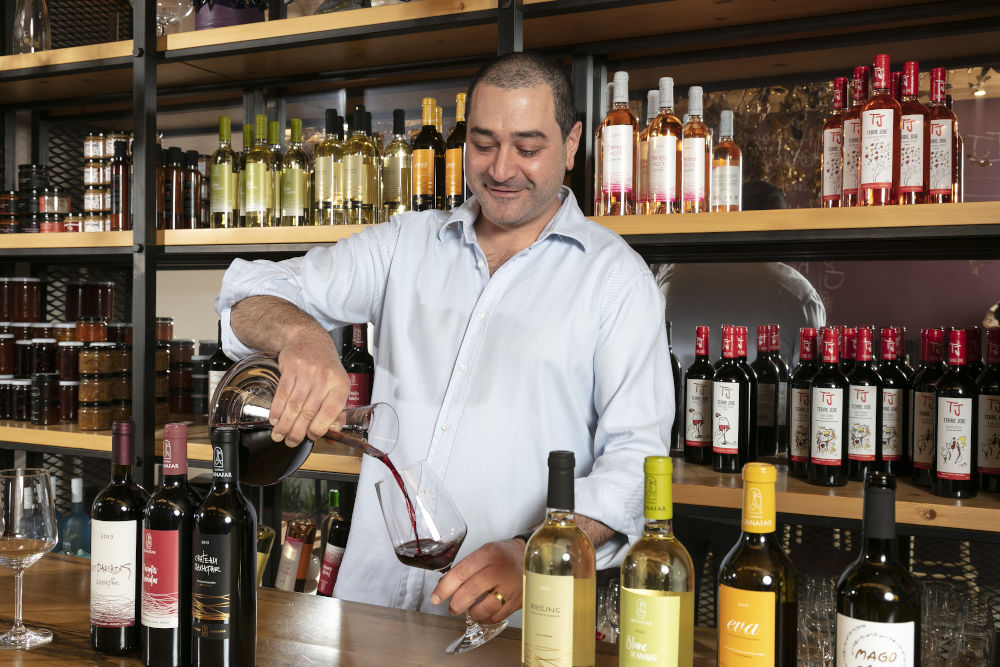
Naim was first discovered in 2017 by Eamon FitzGerald, the ex-wine director of Naked Wines UK. Current wine director Ray O’Connor MW, comments: “2021 was a tough year for many of us but it’s difficult to comprehend the situation for Eddy, our first Lebanese winemaker.
Last year there were shortages of bread, medicines, fuel and basic necessities in Lebanon. Even power stations shut down, plunging the country into darkness. So, it’s nothing short of a miracle that Eddy still found a way to produce his tiny volumes of high-end boutique wines, which are as good as almost anything you’ll taste from Bordeaux or Châteauneuf-du-Pape.”
A former management consultant in Dubai, Eddy persuaded his father who was an amateur winemaker to go into business, and their first vintage was in 2010. Naked Wines lists two of his wines (their only Lebanese wines) a Syrah and Cabernet Sauvignon blend Chateau Qanafar 29015 (£24.99) and Cabernet Sauvignon blend Petit Paradis de Qanafar 2018 (£13.99).
Naked Wines, which was founded in 2008 and was one of the first crowdfunded ventures, now represents 170 of the world’s best independent winemakers making over 1,500 quality wines in 19 different countries. Previous winners of Naked Wines’ Winemaker of the Year award include South African winemakers Carmen Stevens and Johan Kruger, Australian winemaker Jen Pfeiffer and Italian winemaker Stefano di Blasi.
Naked angels commit to a fixed prepayment each month which goes towards their next purchase. Naked, in turn, funds the production costs for winemakers, generating savings that are passed back to its customers. It creates a ‘virtuous circle’ that benefits both wine drinker and winemaker. There are 67 volunteer archangels.
Julie Boulton said: “It gives me great pleasure to support Eddy. He’s such an affable character and he makes some of the best wines on the Naked site. I go through the highs and lows with him, most notably the August 2020 port blast. A supply of corks was lost!
“Eddy is determined to raise his family in his homeland and to produce quality wine. Many families in Eddy’s community are dependent on his success.”
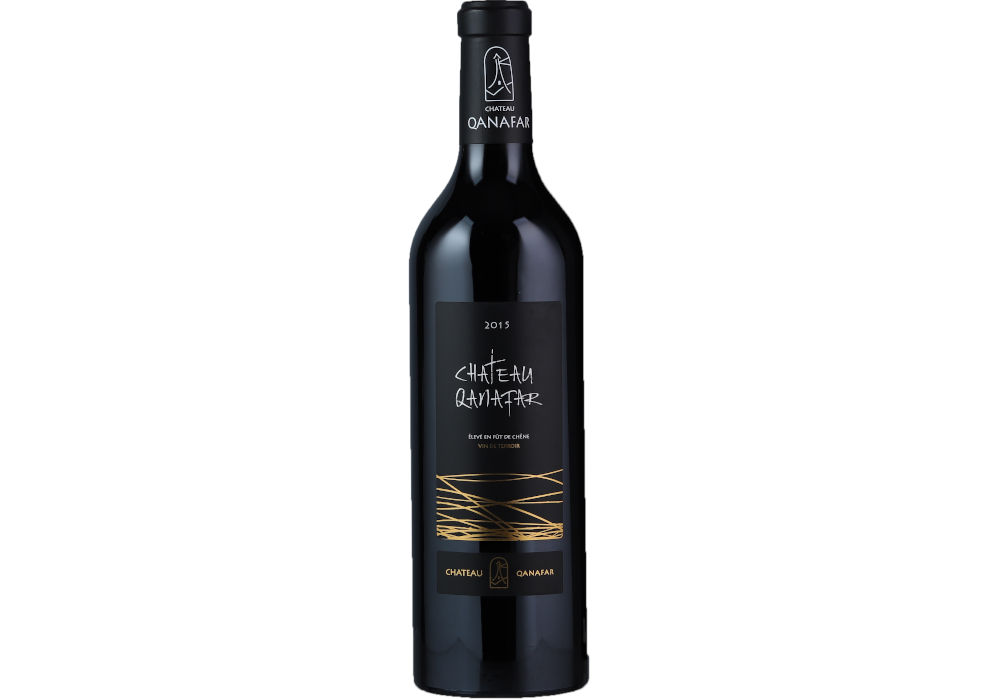
The Bekaa Valley is home to the major wines of Lebanon. The famous Châteaux Musar, Ksara, Kefraya and Massaya labels all have their wineries there and the country’s French influence can be seen in the grape varieties grown; Cabernet Sauvignon, Merlot, Mourvedre, Cinsault (the first grape planted), Grenache, Syrah and Carignan. Obadeih and Merwah are ancient and indigenous grapes.
With over forty wineries, producing eight million bottle a year, Lebanon remains one of the cradles of vine-growing and winemaking. Six thousand years ago, the Phoenicians were trading with Greece, Spain, Italy and Carthage in north Africa through the port city of Byblos. Seeds planted in distant soils were the foundation of modern winemaking.
The Romans built a temple to Bacchus, the god of wine, in Baalek. Noah is said to have planted the first vineyard. His tomb is reputed to be near Zahle in eastern Lebanon. In the south, Cana is where Jesus turned water into wine. The Israelite prophet Hosea is said to have urged his followers to return to God so that ‘they will blossom as the vine and fame be like the wine of Lebanon, their fragrance will be like that of Lebanon’.
In 1930, Gaston Hochar founded Chateau Musar, inspired by his visits to Bordeaux. He made ‘wines with noblesse’. Serge Hochar, Gaston’s eldest son trained as a civil engineer, then decided to study oenology and with the encouragement of his father became a student of Emile Peynaud at the University of Oenology in Bordeaux and the Ghazir Chateau’s winemaker in 1959. He was Decanter wine magazine’s first Man of The Year for his work making wines during the country’s long Civil War. Gaston and Marc are now in charge, one looking after the liquid and the other the liquidity. The next generation is already involved. Whites are grown in cooler climes while reds are grown at a higher altitude in 371 acres of vineyards, twenty miles from Beirut.
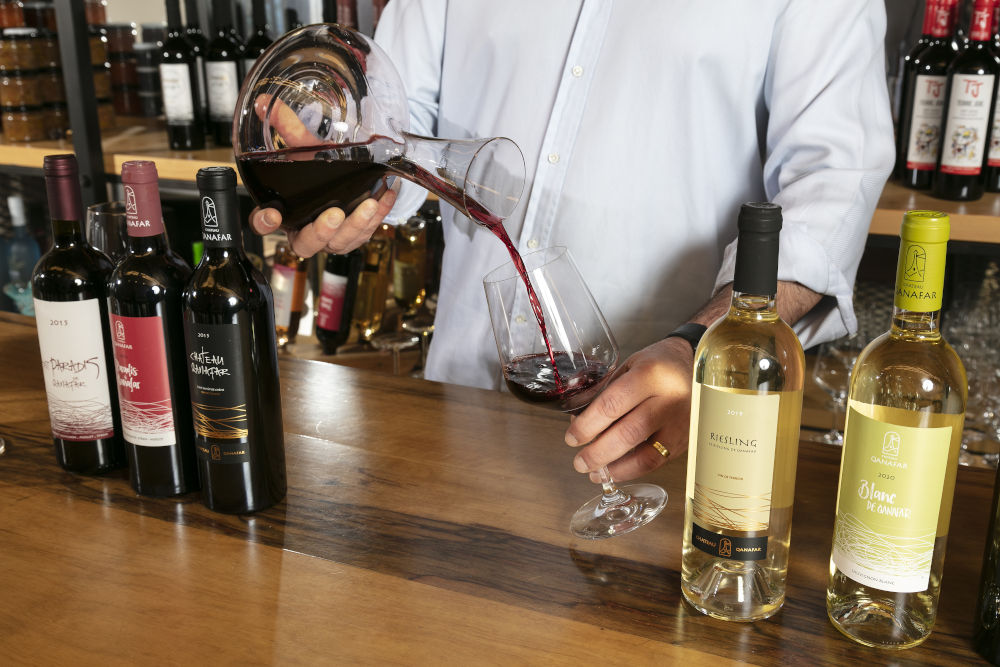
In 1857, Jesuit missionaries created Ksara, the country’s first commercial winery and now its largest wine producer. It also produces Arak, a popular Middle Eastern fruit-based distillate with added anise seed. It was the first vineyard to make Lebanese dry white wine, and its success paved the way for others such as the Bustros family’s Chateau Kefraya.
Massaya, based in Tanail and Faqra, was founded by the Ghosn brothers, the Bruer family of ‘Vieux Telegraph’, Chateau Neuf de Pape and Dominique Hebrard of Chateau Cheval in St Emillion. The Ghosn family fled Lebanon in 1975 to live in the US, returning in 1992. Sami became an architect in L.A while Ramzi ended up running a restaurant in France.
Founded in 1868 by Frenchman François-Eugène Brun, Domaine des Tourelles produces minimal-intervention wines and its 2015 rosé, a vibrant blend of Cinsault, Syrah and Tempranillo, is an ideal match for many Lebanese dishes.
If you think you have what it takes, why not become a Naked angel yourself and discover a world of wines and wineries such as these Lebanese offerings?












